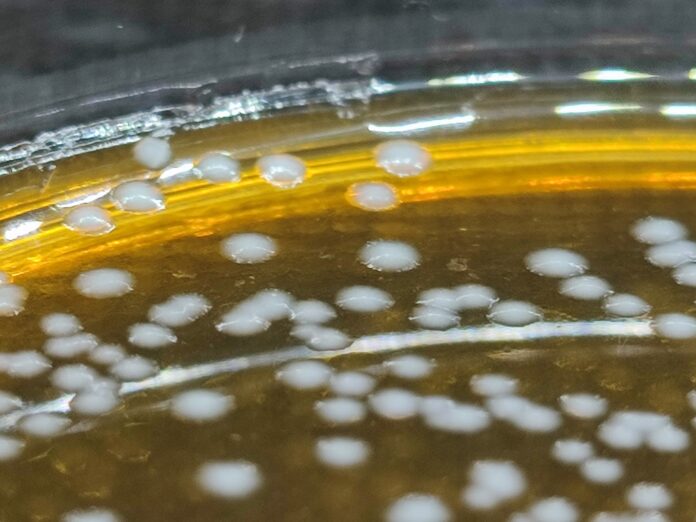Researchers at the University of the Philippines Diliman College of Science (UPD-CS) have found that bacteria from “burong isda,” a traditional Filipino fermented fish, possess probiotic and antifungal properties.
The study identified Limosilactobacillus fermentum (L. fermentum), a bacterium closely related to well-known Lactobacillus probiotics, in “burong isda.” Researchers used a combination of genomic and laboratory analyses to create a comprehensive probiotic profile of two L. fermentum strains.
Their approach also revealed the strains’ antifungal benefits against Aspergillus fumigatus (A. fumigatus), a common fungus affecting immunocompromised individuals. The study could lay the groundwork for new probiotic products and may be the first to report L. fermentum’s antifungal effects against A. fumigatus.
“Historically, probiotic research in the Philippines has relied heavily on culture-based methods and basic molecular techniques,” said Joshua Veluz, corresponding author from UPD-CS National Sciences Research Institute (NSRI).
“This work underscores the value of combining genomics, metabolomics, and assays as a powerful and timely approach to uncovering the full probiotic potential of microbes found in Philippine fermented foods,” he said.
Veluz, a native of Pampanga where “burong isda” originates, said his personal connection to the food sparked his interest in the research, which began in 2019.
The study’s authors include Paul Christian Gloria and Dr. Maria Auxilia Siringan of UPD-CS NSRI, and Dr. Irineo Dogma Jr. of the University of Santo Tomas (UST).
A key characteristic of probiotics is their ability to survive the harsh conditions of the digestive system. The researchers found that while the L. fermentum strains may struggle in highly acidic environments like the stomach, they thrived in less acidic conditions, such as most parts of the gastrointestinal tract.
The strains carry genes known to boost the host’s immune system and produce essential vitamins like B1, B2, B6, and B9. The strains were also determined to be non-pathogenic with a low potential for transferring antimicrobial resistance genes.
“Additionally, the strains produce compounds that inhibit the growth of certain fungi known to cause infections,” Veluz said.
He said that while previous studies have shown L. fermentum possesses antifungal effects against various fungi, this study may be the first to demonstrate its potential against A. fumigatus, suggesting L. fermentum could serve as a broad antifungal agent.
Researchers are now exploring additional probiotic properties of the strains and assessing their stability for future health applications.
“We aim to further characterize their functional traits and contribute to the growing field of probiotic research in the Philippines, especially using OMICs,” Veluz said.








